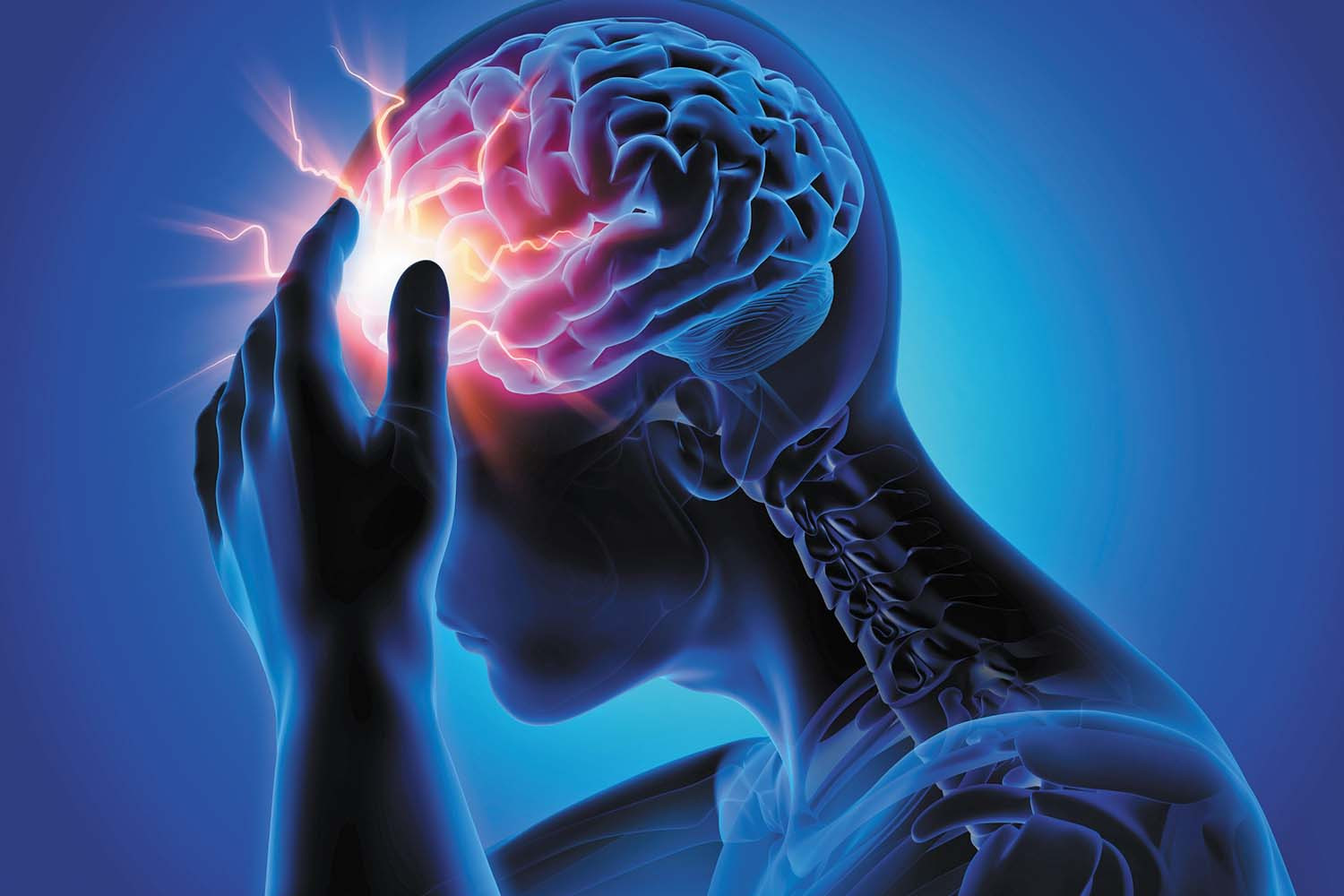
In today’s fast-paced environment, mental well-being is an essential aspect of overall health. Stress and anxiety can affect anyone, regardless of their profession or lifestyle. It is crucial to adopt strategies that help in managing these states to maintain a balanced life. Below are evidence-based approaches to manage stress and anxiety effectively.
Understanding Stress and Anxiety
Stress is the body’s natural response to challenges or demands, whereas anxiety is a reaction to the stress. While occasional stress is a normal part of life, chronic stress and ongoing anxiety can have a profound impact on one’s health. Understanding the triggers and symptoms is the first step in managing these conditions.
Prioritizing Self-Care
Self-care is not a luxury but a necessity. Ensuring adequate sleep, nutrition, and physical activity can enhance one’s resilience to stress. A well-rested body can manage stress better, while a nourished one has the energy to face challenges. Regular exercise, even in the form of a daily walk, can significantly reduce anxiety levels.
Cognitive Behavioural Strategies
Cognitive Behavioural Therapy (CBT) is a well-researched method for reducing anxiety. This strategy involves identifying and challenging negative thought patterns and beliefs and replacing them with more realistic and positive ones. Even without therapy, one can practice CBT principles by being mindful of their thought patterns and consciously addressing them.
Time Management Techniques
Poor time management can lead to stress as tasks accumulate. By organising tasks, setting priorities, and breaking down large projects into manageable steps, one can reduce the overwhelm that often leads to anxiety.
Mindfulness and Relaxation Techniques
Mindfulness meditation has been shown to reduce symptoms of anxiety and stress. It involves paying attention to the present moment without judgment. Relaxation techniques such as deep breathing, progressive muscle relaxation, and guided imagery can also help calm the mind and body.
Professional Support When stress and anxiety interfere with daily life, it might be time to seek professional support. General practitioners, psychologists, and mental health counsellors can provide strategies and treatments to manage these conditions effectively.
Maintaining Social Connections
A robust support network can act as a buffer against stress. Engaging with friends, family, or support groups can provide emotional support and alleviate feelings of isolation that often accompany anxiety.
Setting Realistic Goals
It’s important to set achievable goals to avoid feelings of inadequacy and the stress that comes with trying to meet unrealistic standards. Break down large goals into smaller, attainable steps to foster a sense of accomplishment.
Limiting Stimulant Intake
Stimulants like caffeine and nicotine can exacerbate anxiety. Moderating their intake can help keep anxiety symptoms in check.
Practising Resilience
Building resilience involves developing the capacity to recover quickly from difficulties. Resilient individuals adapt well to adversity, trauma, tragedy, and significant sources of stress. This skill can be cultivated over time through various practices, including all of the above strategies.
In conclusion, while stress and anxiety are common experiences, there are numerous strategies one can adopt to manage and reduce their impact on daily life. From self-care and cognitive strategies to professional help and social support, the key is to find what works best for the individual. As with any aspect of health, it’s important to be proactive and persistent in finding and practising effective stress and anxiety management techniques.
